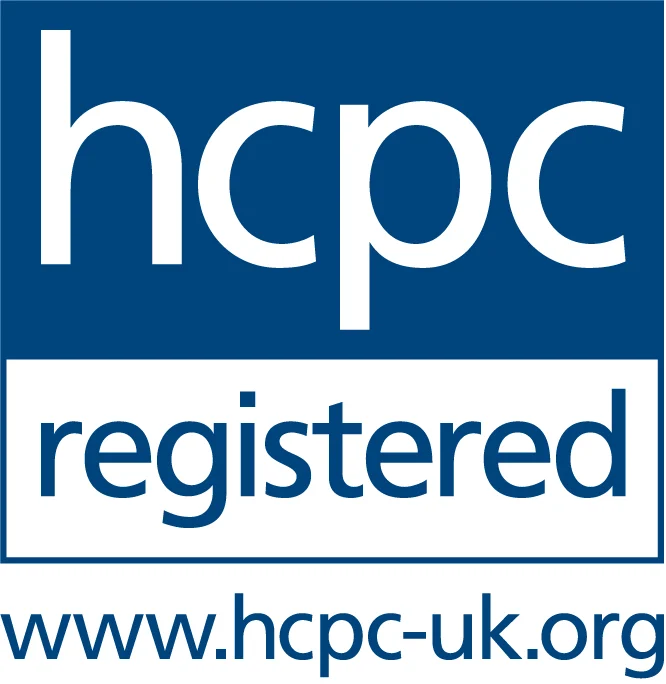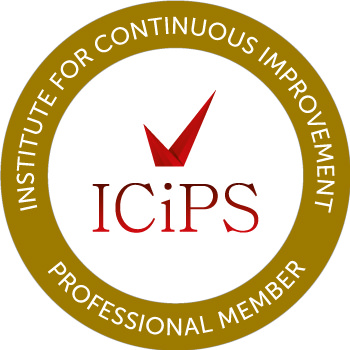What is Autism Burnout? Signs and symptoms, causes, risk factors, and practical strategies for recovery.
Read PostWhat is Exposure and Response Prevention (ERP)?
Exposure and Response Prevention (ERP) is the leading evidence-based treatment for Obsessive Compulsive Disorder (OCD) and is increasingly used for other anxiety-related conditions. ERP is a specialised form of Cognitive Behavioural Therapy (CBT) that focuses on breaking the cycle of obsession and compulsion by gradually exposing patients to anxiety-triggering situations and teaching them to resist the urge to perform ritualised behaviours. ERP can be adapted to support people who are neurodiverse.
How Exposure and Response Prevention (ERP) Works
Exposure
In the exposure phase, you are gradually introduced to the thoughts, images, objects, or situations that spark your obsessions or anxiety. For someone afraid of contamination, this might start with touching a door handle without immediately washing their hands. The exposure is conducted in a controlled and safe setting (usually under the close guidance of a clinical psychologist) to ensure that the level of distress remains manageable.
Response Prevention
Once exposed, the next step is response prevention. This means deliberately resisting the urge to perform the compulsive behaviours (rituals) that you typically rely on to manage anxiety. For example, after touching a potentially ‘contaminated’ object, you practice not washing your hands immediately. Over time, repeated practice helps lessen the intensity of the anxiety (a process known as habituation) and builds confidence in your ability to tolerate uncertainty.
The Vicious Cycle of OCD and How ERP Breaks It
People with OCD often experience a relentless loop:
Obsession:
Intrusive, unwanted thoughts or images cause anxiety.
Compulsion:
In response, you perform rituals (like washing or checking) that provide temporary relief.
Reinforcement:
The temporary relief reinforces the compulsive behaviour, making the cycle hard to break.
ERP works by disrupting this cycle. By exposing you to feared stimuli and then preventing the ritual, ERP teaches you that the anxiety will diminish naturally without performing the compulsion. Each successful exposure weakens the link between the obsession and the compulsion, ultimately reducing the overall intensity and frequency of OCD symptoms.
ERP Compared to Traditional Talking Therapy
Traditional talking therapies, such as psychodynamic therapy or psychotherapy, focus on exploring the origins of distress and changing underlying thought patterns. In contrast, ERP is highly action-oriented and focuses on the here-and-now, you learn through ‘doing’. Whilst talking therapy may help you understand your OCD, ERP actively retrains your brain by ‘testing’ your fears in real time. This makes ERP particularly effective for OCD, where insight is already present, but compulsions persist despite knowing they’re irrational.
What to Expect in ERP Therapy
When beginning ERP, you’ll typically follow these steps with a trained therapist:
Assessment and Hierarchy Building:
Together with your clinical psychologist, you’ll create an ‘exposure hierarchy’ that ranks situations from least to most distressing.
Gradual Exposure:
You start with a situation that triggers moderate anxiety and work through the hierarchy at a pace that feels manageable.
Consistent Practice:
Initially conducted in the therapy room, exposures are later practiced independently at home with guidance and regular follow-up sessions.
Monitoring Progress:
You may use worksheets to record your anxiety levels before, during, and after exposures, tracking progress over time.
Relapse Prevention:
As you become more proficient, your psychologist will help you develop strategies to maintain gains and prevent relapse.
Remember, ERP is challenging and may initially increase your anxiety. However, as you build tolerance through repeated exposures, you will be able to learn that the feared outcomes rarely occur and that anxiety subsides naturally, ultimately empowering you to regain control over your life.
Schedule Consultation
If OCD is preventing you from living your life to the full, schedule a consultation with Equilibrium Practice - we can work with you to help you overcome OCD using ERP.
Schedule ConsultationWritten by Harriet Perring (Assistant Psychologist), under the clinical supervision of Dr Lorna Stewart (Clinical Director, Consultant Clinical Psychologist).
Disclaimer: All blog content is for information only and is not mental health treatment.
Other Posts
Assessment of Autism Spectrum Disorder (ASD). What is Autism Spectrum Disorder (ASD)? What is a neurodiversity? How do I know if I need an assessment? What's involved in an assessment? How can a diagnosis help?
Read PostWhat is Cognitive Behaviour Therapy (CBT)? How does CBT work? How do I know if CBT is right for me? What happens during CBT?
Read PostWhat is Acceptance and Commitment Therapy (ACT)? How are CBT and ACT different from each other? What happens in ACT?
Read PostWhat is STAIR Therapy? What are the goals of STAIR?
Read PostWhat is anxiety? What are the symptoms of anxiety? What are the different types of anxiety disorders?
Read PostWhat is Depression? What are the symptoms of depression? What are the causes and risk factors? Impacts on daily life.
Read PostWhat is Childhood ADHD? How common is Childhood ADHD? What causes Childhood ADHD? What are the symptoms of Childhood ADHD? How is Childhood ADHD diagnosed? Related conditions. How is ADHD treated?
Read PostWhat is Adult ADHD (Attention Deficit Hyperactivity Disorder)? How common is Adult ADHD? What causes Adult ADHD? What are the symptoms of Adult ADHD? How is Adult ADHD diagnosed? Related conditions and treatment.
Read PostWhat is Dental Anxiety, or Dentophobia? What are the symptoms? What are the causes? What is the overlap between Dentophobia and Blood-Injury-Injection Phobia? What is the treatment?
Read PostWhat is Obsessive Compulsive Disorder (OCD)? What are the symptoms of OCD? OCD assessment. Causes and risk factors for OCD. Diagnosis and treatment options for OCD. When to seek help for OCD.
Read PostWhy isn't 'Asperger's Syndrome' a diagnosis anymore? What do we call 'Aspergers' Syndrome' now? What if I had a diagnosis of Asperger's Syndrome before 2013?
Read Post




